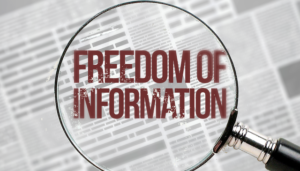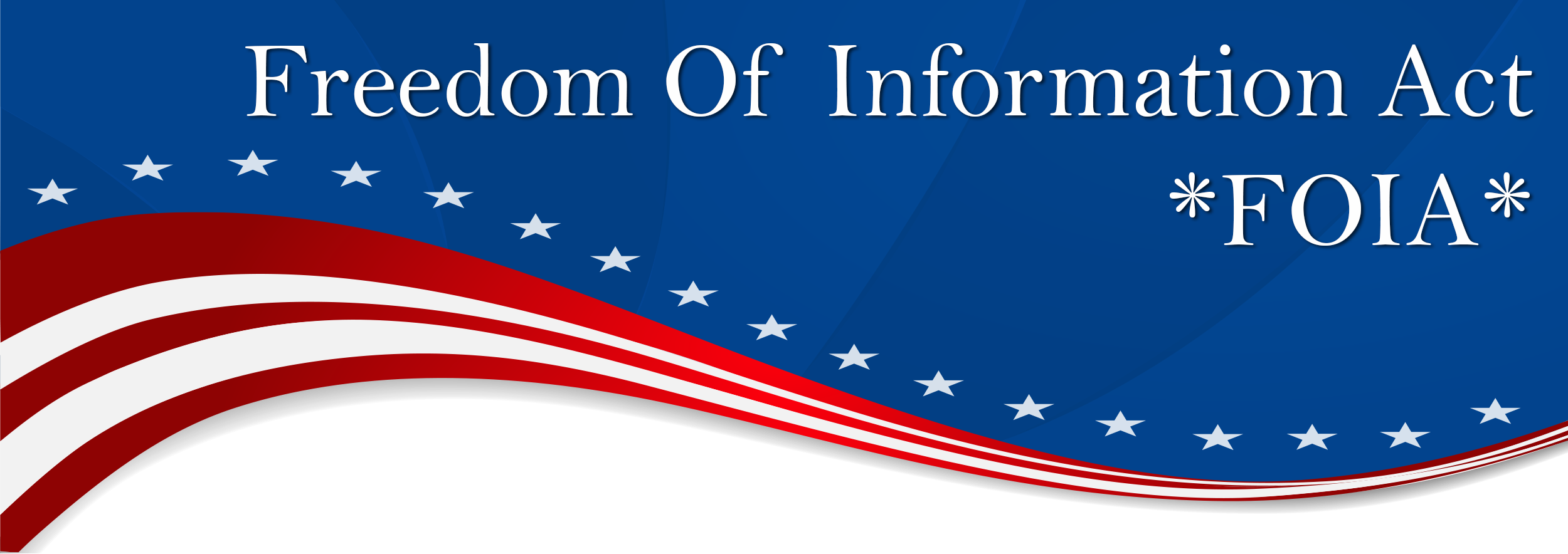Freedom of Information DayMarch 16th recognizes National Freedom of Information Day. An annual event is held on March 16 that celebrates the birthday of President James Madison. Madison is known as the Father of the Constitution and as the foremost advocate for openness in government. He is also hailed as being instrumental in the drafting of the United States Constitution and as the key champion and author of the United States Bill of Rights. Individual rights and freedom of information were of high importance to Madison. Born James Madison, Jr on March 16, 1751, in Port Conway, Virginia. Madison died on June 28, 1836, on his Montpelier Estate. James Madison was the 4th President of the United States of America (1809-1817). The Freedom of Information Act was passed into law in 1966.
What is the Freedom of Information Act (FOIA)? 
Since 1967, the Freedom of Information Act (FOIA) has provided the public the right to request access to records from any federal agency. It is often described as the law that keeps citizens in the know about their government. Federal agencies are required to disclose any information requested under the FOIA unless it falls under one of nine exemptions which protect interests such as personal privacy, national security, and law enforcement.
https://www.foia.gov/about.html
Annual Awards
Each year, the James Madison Award and the Eileen Cooke State & Local Madison Award are presented by ALA on Freedom of Information Day to recognize those individuals or groups that have championed, protected, and promoted public access to government information and the public’s right to know.
http://www.ala.org/advocacy/FOI-Day
Banned & Challenged Books
http://www.ala.org/advocacy/bbooks
FOIA signed into US law by President Lyndon Johnson
The Freedom of Information Act, or FOIA, was signed into law by President Lyndon Johnson in 1966, giving the public the right to access records from any federal agency. FOIA plays an important role in keeping government transparent and accountable, and has been used to expose a wide range of government misconduct and waste, along with threats to the public’s health and safety.
https://www.history.com/topics/1960s/freedom-of-information-act
When should I use a Freedom of Information Act (FOIA) to request information?
Click here.
Freedom of Information Act (FOIA) National Archives
https://www.archives.gov/foia


